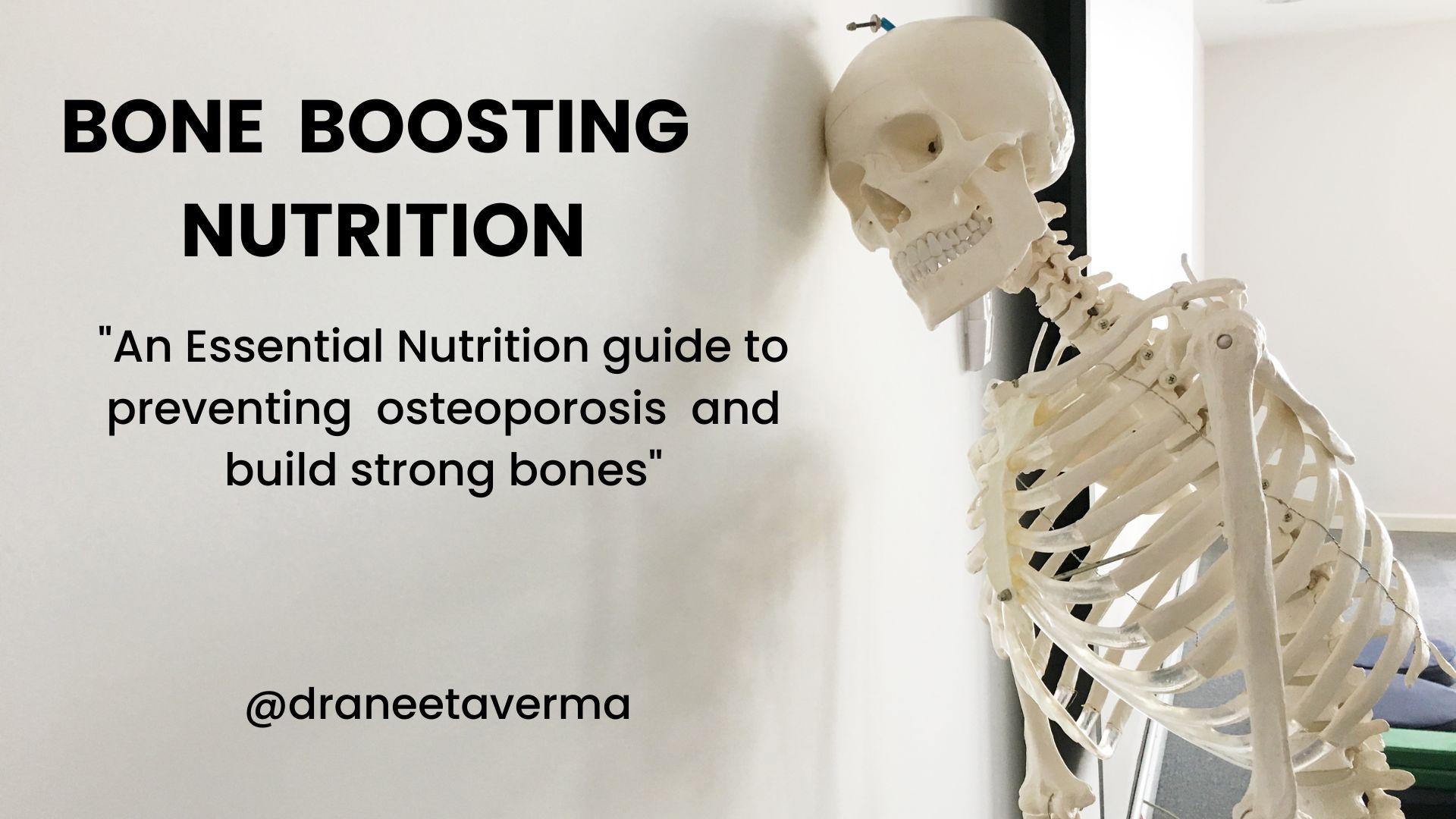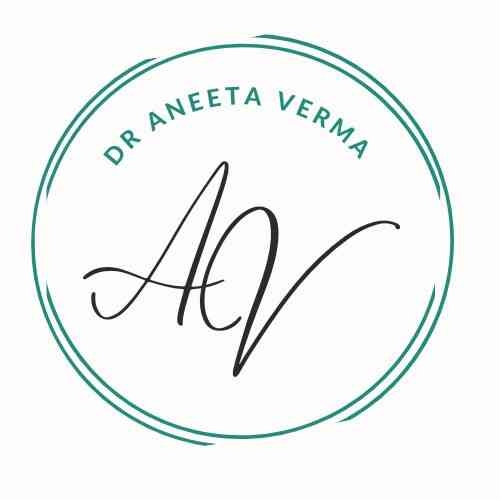+918048051883

This is your website preview.
Currently it only shows your basic business info. Start adding relevant business details such as description, images and products or services to gain your customers attention by using Boost 360 android app / iOS App / web portal.
Osteoporosis is a condition characterized by we...

Osteoporosis is a condition characterized by weakened bones that are more susceptible to fractures and breaks. While nutrition alone cannot prevent or cure osteoporosis, a well-balanced diet plays a crucial role in maintaining bone health and supporting overall well-being. Here are some key nutrients and dietary recommendations for individuals with osteoporosis: Calcium: Calcium is a vital mineral for bone health. It is a major component of bone, and an adequate intake is essential for maintaining bone density. Good dietary sources of calcium include dairy products (milk, cheese, yogurt), leafy green vegetables (kale, broccoli), fortified plant-based milk (soy or almond milk), and certain fish (such as salmon and sardines). Vitamin D: Vitamin D is important for the absorption of calcium from the intestines. Sunlight is a natural source of vitamin D, and it can also be obtained from certain foods and supplements. Dietary sources of vitamin D include fatty fish (salmon, mackerel), fortified dairy and plant-based milk, egg yolks, and cod liver oil. Protein: Protein is essential for bone health, as it provides the building blocks necessary for bone formation. Good sources of protein include lean meats, poultry, fish, eggs, dairy products, legumes, nuts, and seeds. Magnesium: Magnesium is involved in bone formation and helps with the activation of vitamin D. Foods rich in magnesium include nuts, seeds, whole grains, leafy green vegetables, and legumes. Vitamin K: Vitamin K plays a role in bone metabolism and mineralization. Good sources of vitamin K include leafy green vegetables (kale, spinach, broccoli), Brussels sprouts, and fermented foods. Phosphorus: Phosphorus is another mineral that is important for bone health, working in conjunction with calcium. It is found in dairy products, meat, fish, poultry, nuts, and seeds. Limit Caffeine and Alcohol: Excessive consumption of caffeine and alcohol may interfere with calcium absorption and contribute to bone loss. It's advisable to moderate intake. Maintain a Healthy Weight: Maintaining a healthy weight is important for overall bone health. Being underweight can increase the risk of osteoporosis and fractures. Regular Exercise: Weight-bearing exercises, such as walking, jogging, and resistance training, can help strengthen bones and improve overall bone density. Before making significant changes to your diet or lifestyle, especially if you have osteoporosis or any other health condition, it's crucial to consult with a healthcare professional or a Nutritionist. They can provide personalized advice based on your individual health needs and circumstances.

